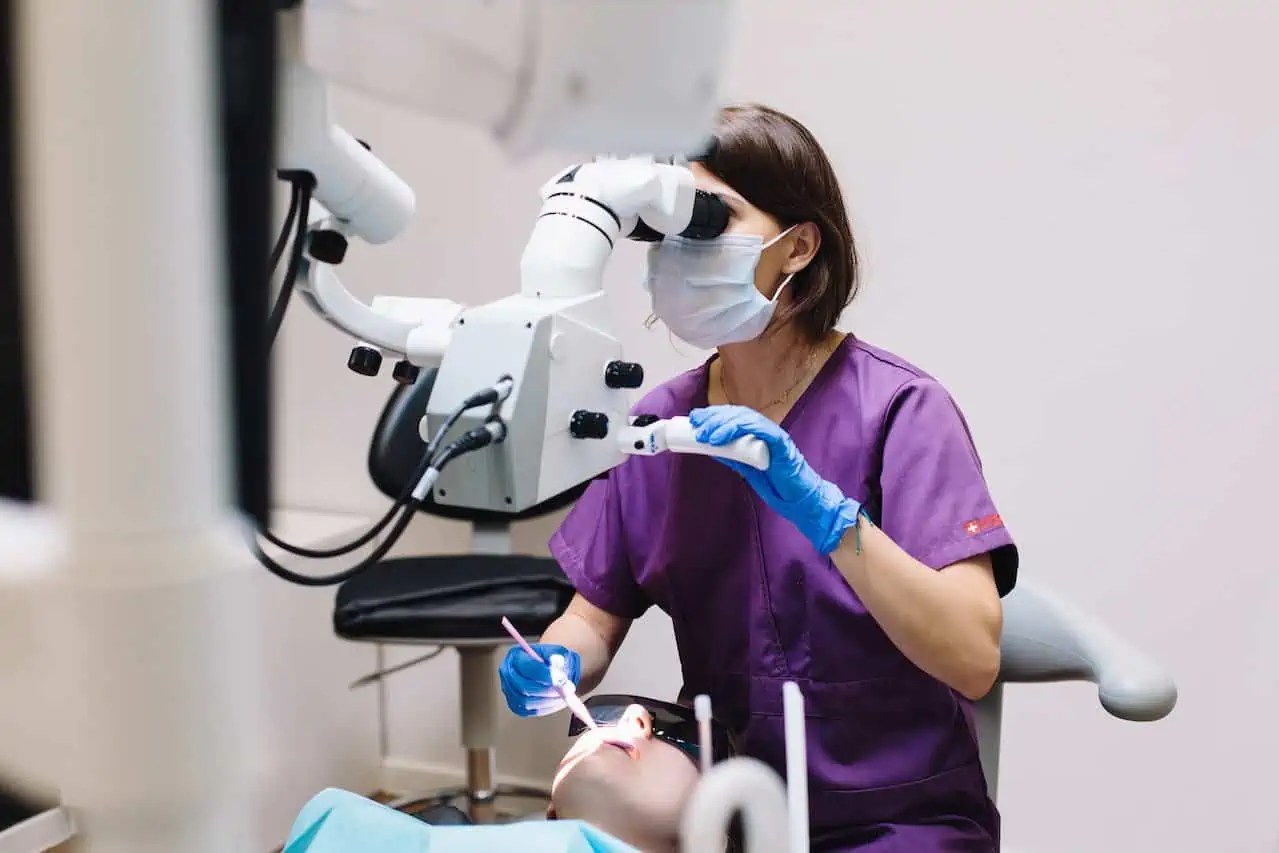Important Questions To Ask Your Dentist
Important Questions To Ask Your Dentist

Visiting the dentist is something everyone should do. Going for your regular dental checks can help you detect and fix hidden oral conditions to prevent extensive damage and save your teeth. Also, you can get good information on how to practice good oral hygiene, so keep this in mind. Despite these, many Americans don’t see their dentists regularly. If you plan to visit your dentist soon, you can ask them these important questions.
- How can you improve your smile?
Smiling is a part of social interaction, although many people aren’t confident about their smiles. This is often due to several factors like teeth discoloration, broken or missing teeth, gapped teeth, and so on. If you’re among the people seeking healthy smiles, then a trip to your dentist is essential. They can offer helpful insight into how to clear any teeth condition that affects their appearance. For instance, they can help you get veneers, which can cover chipped areas, fill gaps, and whiten the teeth. Teeth whitening, Invisalign, and gum contouring are good options, so keep this in mind. Additionally, your dentist can prescribe the most suitable smile improvement option.
- What foods are bad for your teeth?
You may be aware of certain foods that harm your oral health. But how about those you never suspected are worse? For instance, bread, chips, pasta, and crackers contain fermented carbohydrates that can multiply plaque bacteria in your mouth. Moreover, they also create sugar byproducts when broken down, increasing your risk for tooth decay. Other teeth-damaging foods are sports drinks, fruit juice, dried food, coffee, tea, pickles, alcohol, sour candy, and so on. Some foods don’t taste sugary and can easily pass for tooth-friendly options. Therefore, ensure to speak with your dentist to identify the foods to avoid and embrace for healthier teeth.
- Should you use mouthwash?
Also known as an oral rinse, mouthwash is used to rinse the mouth, gums, and teeth. It also contains an antiseptic that destroys harmful bacteria, effectively eliminating bad breath. However, many people have questions regarding its use. While some regard it as an alternative to brushing and flossing, others avoid using it altogether. However, your dentist will shed more light on how to use it effectively. Your dentist will tell you that mouthwash should never replace other oral health techniques. Instead, you should use your oral rinse after brushing, although you’ll have to wait a while if you use fluoride toothpaste. You’ll also find it helpful to use about three to five teaspoons of oral rinse to achieve the best results. By all means, avoid ingesting it. Instead, gargle it for at least 30 seconds before pouring it out.
- How often should you see your dentist?
Frequent dental visits are instrumental in maintaining good oral health. But how frequently should you do this? You want to consider your dental needs to determine the appropriate times. For instance, dental treatment involves fixing a problem and should be done when needed. On the other hand, dental checkups can be done twice yearly or as prescribed by your dentist.
